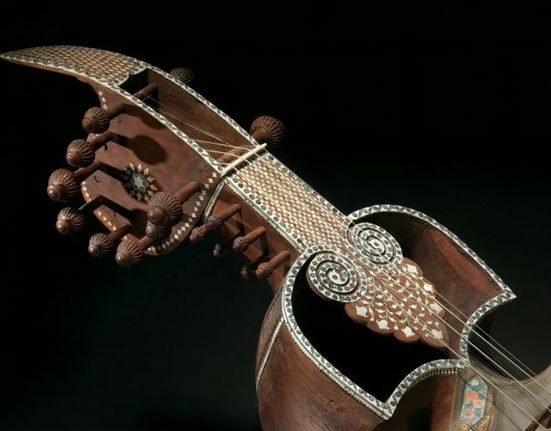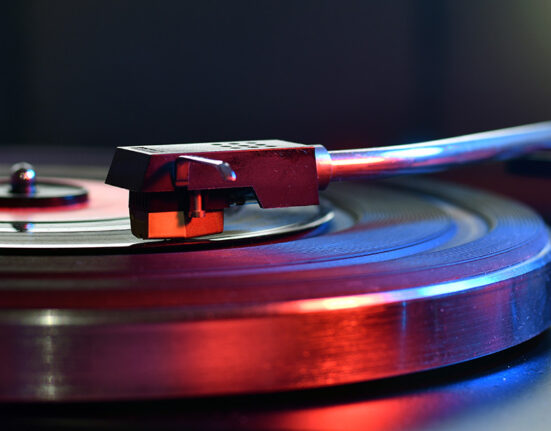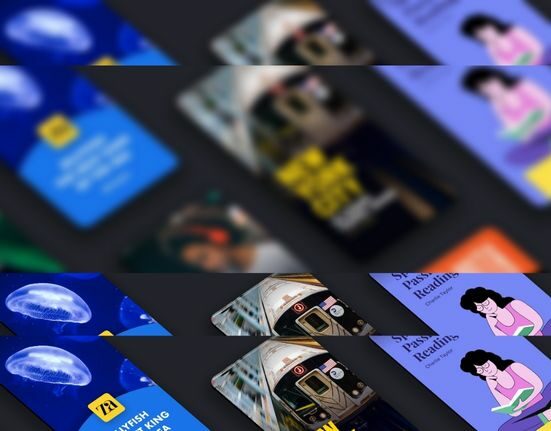Instruments have always been an intricate part of the history of folk music in Jaisalmer. It’s because of critically acclaimed folk musicians and instrument makers like Ustad Lalu Khan that India stays closer to its roots, every day. Ustad Lalu Khan is among the very few makers in Rajasthan and probably India, who preserves, crafts and brings forward the ancient musical history of Rajasthan. In our quest to discover the music India is blessed with, BeatCurry has initiated its next step to explore music, The BeatCurry SoundTrek, a humble attempt at bringing the traditional music of different regions to the forefront and throwing limelight on some of the most proficient artists who’re keeping our music alive. Our first episode of the BeatCurry SoundTrek features the maestro taking us through the history of Sindhi Sarangis, Kamaicha, and among many others.
Madhulika Gupta | BeatCurry Team
The late poet and Nobel laureate Rabindranath Tagore once mentioned, “where the old tracks are lost, a new country is revealed with its wonders.” and nothing could be more accurate. Music is a universal language of expression that knows no boundaries and barriers. It’s a divine power that unites people and their stories from all corners of the world. Known as the ‘Golden City of India’, known as the land that has produced musical prodigies such as Padma Shri. Anwar Khan, Padma Shri. Sakar Khan, Mame Khan, Kutle Khan, and among many others, BeatCurry has come to the desert lands of India, Jaisalmer.
BeatCurry SoundTrek Season 1: Jaisalmer | Official Trailer
THE PRODIGY OF INSTRUMENTAL CREATIONS
Hailing from the thousand-year-old traditional Jangra Shaili (style of music), Ustad Lalu Khan is a part of the diminishing community of instrument makers of the country. While introducing BeatCurry to his musical haven, the zealous musician’s eyes beamed with pride knowing that he carries a hefty traditional history on his shoulders. The Ustad, in his customary turban, accustomed us to his abode, filled with instruments known or unfamiliar, of much different tunes and variety. Interestingly, the traditional folk artists like the Ustad himself, have customary songs or musicals for every occasion of a human’s life. Starting right from the birth of a baby, a folk song named, “Halariya” is sung, and this is similar to other occasions like marriage and so on. After looking closely it is understandable that this is the way in which the artists generate an income, along with keeping their traditional roots alive through music.
Khan reminisces his introduction to music through these customs, and how he watched his grandfather, and father earning a livelihood in his Mirasi community, through the same.
“People have started to deviate towards the newer styles of singing, yet I try to sing and practice these older styles of music, write about Ragas and learn about harmony and rhythm. I even give training to children of my community, make them understand the importance of this music because this is our culture, handed to us by our ancestors,”
Khan exclaims, radiating the biggest smile. Perhaps it is this connection towards his culture that keeps him motivated to create instruments and preach about their ethnic significance to enthusiasts all over the globe.
 Ustad Lalu Khan
Ustad Lalu Khan
THE MAGNITUDE OF THE HISTORY
With every instrument Khan took us through, it opened a certain page from our bygone days that the majority is on the verge of forgetting.
“It is strange that people don’t know about Kamaicha, or even the history of Sarangi, which is one of the basics of folk music. The Sindhi Sarangi here was made thousands of years ago, in Sindh currently in Pakistan, and slowly Sarangi became famous all throughout the world. After many years, it became a part of Indian culture.”
He showed us his instruments, made solely by him, out of materials from the ‘soil’. Here he stresses on his creations, being made out of the earth, completely organic, symbolizing his connection to the heart of the land. Made out of sesame trees, Alghoza is one of Rajasthan’s oldest wind instruments carved out of a single wooden piece. Similarly, instruments like Khartal, Kamaicha, Shehnai have been a part of the musical fraternity for the longest time, giving India, maestros like Ustad Bismillah Khan, Lakha Khan, Sakar Khan, through their genius over these instruments.
 Ustad Lalu Khan
Ustad Lalu Khan
“I feel very happy to see certain children today learning our craft and about our instruments. Some play them extremely well and I have actively been involved with them, in teaching them our music and also learning from them. I have seen them play with artists like AR Rahman, Ustad Zakir Hussain, even organizations like SaReGaMa, and Coke Studio, discovering newer ways to play our instruments, crafting a newer path and I really love it!”
Today, Ustad Lalu Khan is an institution in himself, training the upcoming generations on his folk music, introducing his plethora of musical discoveries and rediscoveries to the world. “Through your platform, we are able to communicate with audiences far and beyond!” His passion has made his dream of reaching out to people making them aware of Jaisalmer culture, come true.
BeatCurrySoundTrek | Season 1 | EP 1 ft. Ustad Lalu Khan. Watch the full video
Articles you’d like to read:
‘Tuned to perfection’ – Small town in Gujarat making the best harmoniums
All about the Middle-Eastern Qanuns
Ali Sethi-Not Just A Voice, A Feeling
A sound so familiar, yet so rare! The ancient instrument-Esraj
If you’d like to know about the unique and versatile forms and flavours of music,
Follow us on Facebook, Instagram and YouTube
And stay tuned for #allthingsmusic from BeatCurry.com







